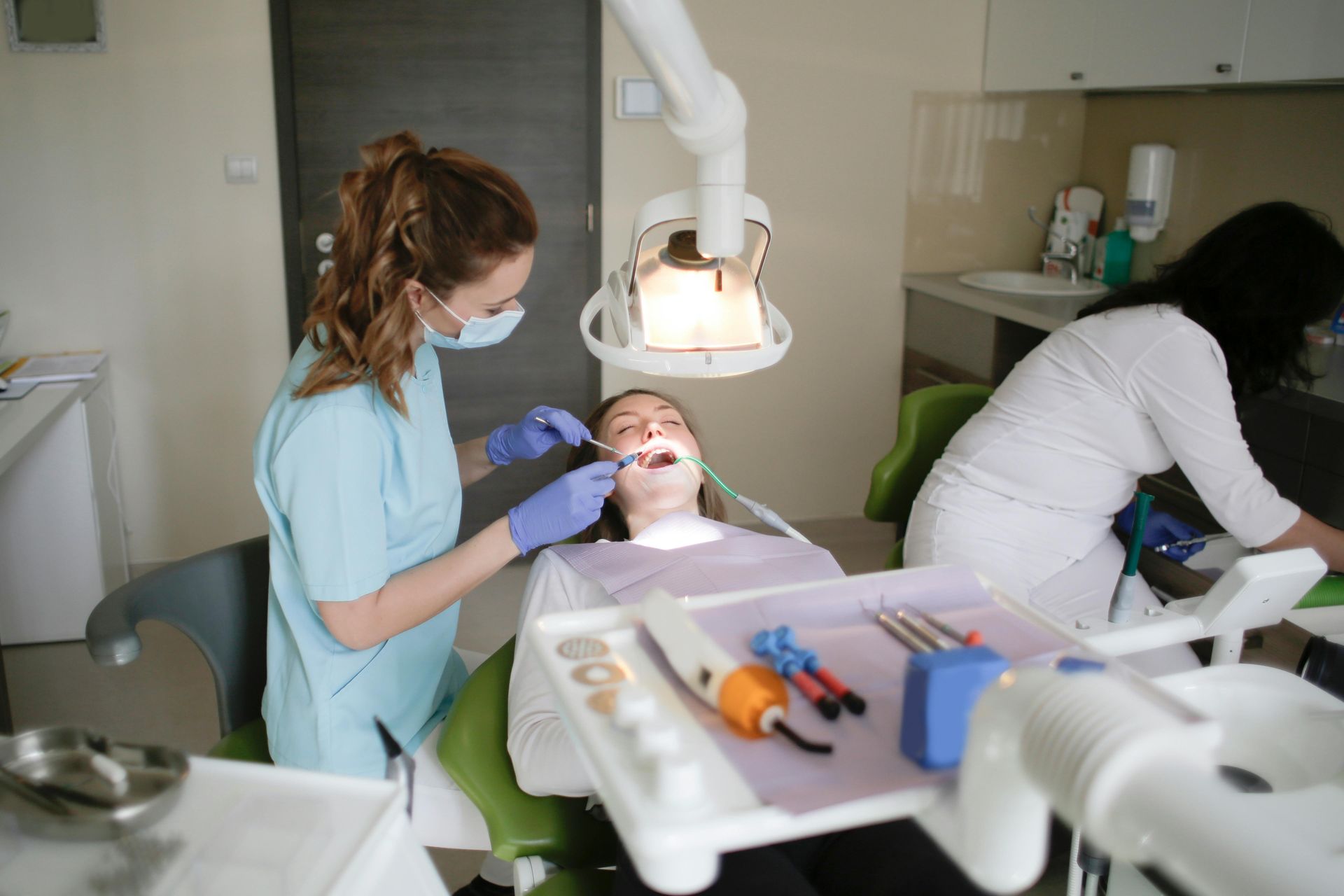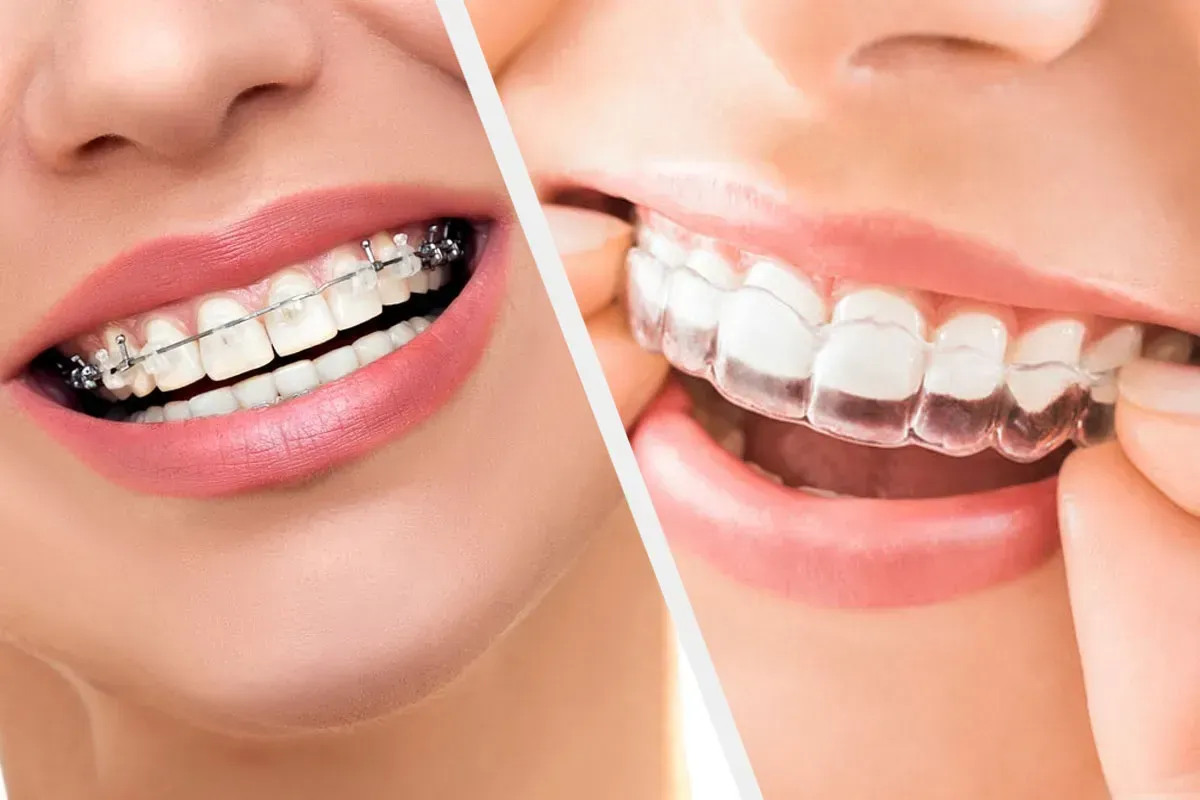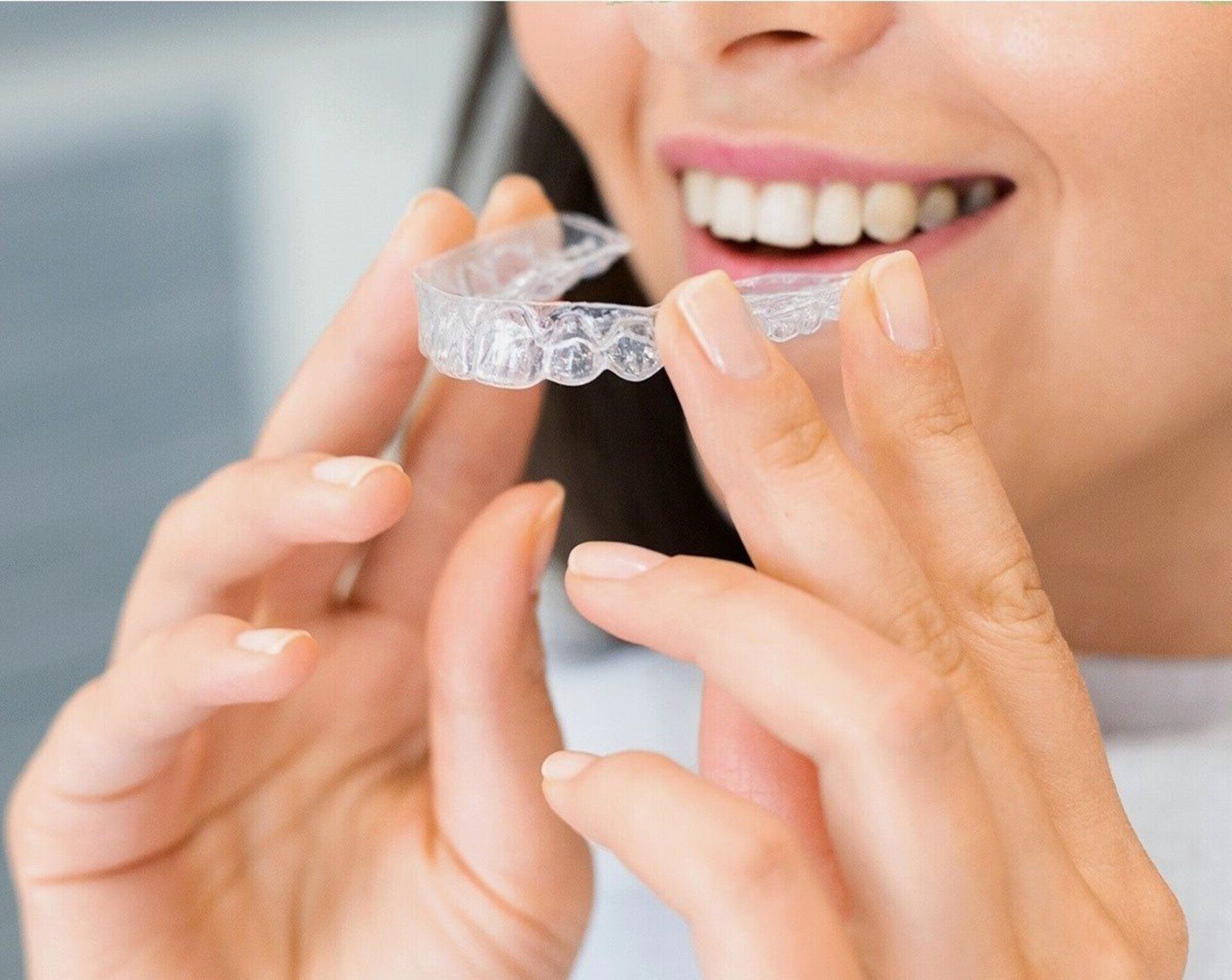Confidence Begins with a Smile: The Role of Dental Health in Self-Image
The Connection Between Dental Health and Self-Esteem
A healthy smile plays a pivotal role in boosting self-esteem and overall confidence. Dental health significantly impacts one's ability to project a confident smile, influencing social interactions and professional opportunities such as job interviews. Good oral health practices, including regular dental check-ups and proper oral hygiene, are crucial for maintaining a bright, attractive smile.
Dental issues like gum diseases can lead to poor self-image and increased stress levels. Conversely, a radiant smile contributes positively to mental well-being and social acceptance. Cosmetic dentistry and orthodontic treatments are often used to enhance dental aesthetics, providing individuals with the tools to achieve a beautiful smile.
The connection between dental health and self-esteem is profound, influencing not only physical health but also mental health and quality of life. Smiling is a universal facial expression that encourages positive social situations and interactions. As such, ensuring proper dental care is essential for fostering a confident and beautiful smile. Maintaining oral hygiene and addressing any dental concerns promptly helps in building lasting confidence and enhances one's self-image.
The Psychology of Smiling
A smile is more than just a facial expression; it plays a crucial role in psychological well-being and confidence. Dental health can significantly impact one's ability to project a confident, attractive smile. Poor oral health, such as gum diseases or dental issues, can prevent people from smiling freely, affecting their social interactions and job interviews.
A healthy and bright smile can enhance one's mental health and quality of life. Orthodontic treatments and cosmetic dentistry can transform a simple smile into a radiant one, boosting self-esteem. Regular dental check-ups and good oral hygiene practices are vital for maintaining a beautiful smile, which can lead to social acceptance and lower stress levels.
Smiling also has a profound impact on physical health. It triggers the release of endorphins, which elevate mood and reduce stress. Conversely, those with untreated dental problems may experience lowered mental well-being. Overall, maintaining dental health through effective dental care is not only about achieving a beautiful smile but also about supporting mental and physical health.
Impact of Dental Health on Social Interactions
Dental health plays a pivotal role in social interactions. A confident, healthy smile is often perceived as a sign of vitality and trustworthiness. Individuals with dental issues may feel self-conscious, affecting their ability to engage effectively in social situations.
First Impressions Matter
First impressions are crucial; a radiant smile can create a positive and lasting impact. Dental health significantly influences these initial perceptions. A bright and attractive smile during meetings or job interviews can enhance social acceptance and convey confidence.
The Role of Smiles in Building Relationships
Smiles facilitate connection and bonding in relationships. A beautiful smile encourages openness and trust, making it easier to build rapport. Poor oral health can hinder these interactions, leading to perceived social distance. Regular dental care ensures smiles are inviting and genuine, strengthening personal and professional relationships.
Dental Health and Professional Success
Dental health plays a pivotal role in professional success, influencing both personal presentation and confidence. A healthy smile can enhance one's professional image, making a positive impression in various work environments. Proper dental care, including regular check-ups and maintaining oral hygiene practices, is essential to keep your smile radiant and confident.
Smiles in Job Interviews
A confident smile can significantly affect the outcome of job interviews. Facial expressions are a vital part of communication, and a bright smile can convey confidence and friendliness to potential employers. Candidates with attractive smiles are often perceived as more approachable and competent, which can be a deciding factor in a competitive job market.
Networking and Personal Branding
In networking and personal branding, dental health is crucial for making lasting impressions. A beautiful smile helps foster social acceptance and can be an asset when forming professional connections. Maintaining dental health through orthodontic treatment and cosmetic dentistry not only enhances your smile but also supports stress levels and mental well-being, which in turn can affect your quality of life and professional relationships.
Barriers to Achieving Optimal Dental Health
Achieving optimal dental health is crucial for fostering a confident smile and overall well-being. However, several barriers can impede individuals from maintaining healthy teeth and gums. Understanding these obstacles is key to finding solutions and improving oral health.
Financial Constraints
Financial constraints are one of the most significant barriers to achieving optimal dental health. Many individuals lack dental insurance, making regular dental check-ups and treatments unaffordable. Cosmetic dentistry, which can enhance one's smile and confidence, is often considered a luxury, leaving a beautiful smile out of reach for those on a tight budget.
Access to Dental Care
Access to dental care is another challenge, particularly in rural or underserved areas. A shortage of dental professionals and clinics limits availability, making it difficult for some to receive necessary care. Long travel distances and lack of transportation further exacerbate this issue, preventing timely oral hygiene practices and treatments.
Fear and Anxiety Surrounding Dental Visits
Fear and anxiety surrounding dental visits can deter people from seeking care. Dental phobia is a common issue, fueled by past negative experiences or fear of pain. This apprehension often leads to postponed appointments, worsening dental issues over time and impacting oral health, quality of life, and mental well-being. Techniques such as sedation dentistry and supportive approaches can help mitigate these fears.
Long-term Benefits of Investing in Dental Care
Investing in dental care offers numerous benefits that extend far beyond mere aesthetics. Good oral health plays a crucial role in both physical health and mental well-being. Regular dental check-ups and consistent oral hygiene practices can prevent dental issues, such as gum diseases and cavities, ensuring a healthy smile that endures the test of time. Dental treatments, including orthodontic treatment and cosmetic dentistry, not only improve the alignment and appearance of teeth but also contribute to an overall boost in confidence and self-esteem.
Improved Self-Image
A bright smile is often associated with a confident smile. People who maintain good dental health tend to display more radiant facial expressions, which can positively influence their self-image. Orthodontic treatments and other cosmetic dentistry procedures can result in a more attractive smile, leading to greater social acceptance and ease in various social situations. An enhanced self-image can impact stress levels and improve mental health, allowing for better interactions during job interviews and other important life events.
Enhanced Quality of Life
Dental health plays a profound impact on an individual's quality of life. A beautiful smile can facilitate smoother interactions and can be a vital factor in forming first impressions. Good oral health contributes to fewer dental issues, reducing the physical and mental stress associated with excessive dental treatments. By prioritizing dental care, individuals can experience an improved overall well-being, leading to a happier, more fulfilled life both socially and personally.
Conclusion: Embracing Dental Health for Confidence
In conclusion, embracing dental health is pivotal for cultivating confidence. A healthy smile significantly influences how we perceive ourselves and how others perceive us. Regular dental check-ups and proper oral hygiene practices are essential in preventing dental issues like gum diseases, which can impact both physical and mental health.
Investing in dental care, including orthodontic and cosmetic dentistry, can enhance the beauty and health of your smile. These treatments have a profound impact on mental well-being by boosting confidence in social situations, job interviews, and daily interactions. A bright, attractive smile not only improves quality of life but also reduces stress levels associated with social acceptance.
Facial expressions, especially smiling, play a crucial role in personal and professional relationships. A simple smile can radiate positivity and create connections with others. Therefore, dental health should be seen as a vital aspect of overall well-being, influencing both the mind and body. Embrace the power of a radiant smile, and let it become a source of self-assurance and happiness.
At Wexford Dental we offer only what you need dentistry in Scarborough. Call us today at 647-955-3235 for a general review to discuss the best procedure for you.












